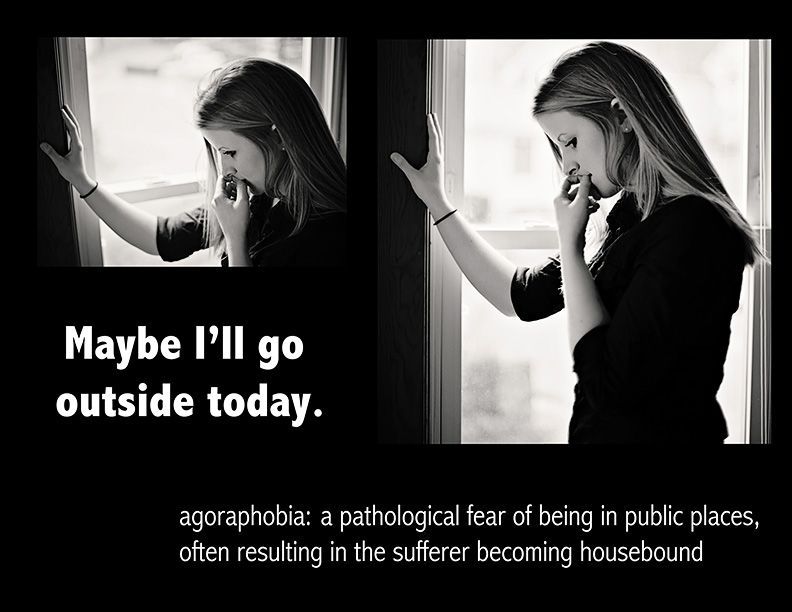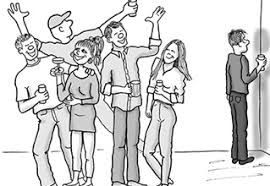A person who has a phobiatypically experiences a strong, persistent fear that is unreasonable or out of proportion to the object or situation.Then the person avoids the object or situation or endures it with severe anxiety or distress.It is estimated that over 6 million adult Americans suffer from phobias and data show phobias to be twice as common in women as in men.

Understanding a Phobia
A phobia is a fear which is caused by a specific object or situation. The fear may be caused by the actual presence of the feared object or situation, or it may be caused by the anticipation of the presence of that object or situation. Anxiety, triggered by the fear, may approach the intensity of panic.Some of the more common phobias focus on being in places or situations from which escape might be difficult or embarrassing (called Agoraphobia), being in general or specific social situations (called Social Phobia), fear of small enclosed places, heights, escalators, tunnels, highway driving, water, flying, dogs, and injuries involving blood.Phobias are more than just extreme fear - they are an irrational fear of a particular thing or situation.

Agoraphobia and Social Phobia
Two of the most common phobias areAgoraphobiaandSocial Phobia.
Agrophobia

InAgoraphobiathe person experiences intense anxiety about being in places or situations from which escape might be difficult or embarrassing.These situations are avoided or else are endured with marked distress combined with anxiety about having a panic attack or panic-like symptoms.Agoraphobic fears typically involve situations that include being outside the home alone, being in a crowd or standing in a line, being on a bridge, and traveling in a bus, train, or automobile.Many agoraphobics develop the disorder after first suffering a series of panic attacks usually in public places.The attacks seem to occur randomly and without warning, making it impossible for a person to predict what situation will trigger such a reaction. The unpredictability of panic attacks leads the victim to anticipate future panic attacks and, therefore, to fear any situation in which an attack may occur. As a result, they avoid going out in public. Agoraphobia victims also are likely to developdepression, fatigue, tension, spontaneous panic andobsessive disorders.
Social phobia

Social phobiainvolves overwhelming anxiety and excessive self-consciousness in everyday social situations. People with social phobia have very strong and persistent fear of being watched and judged by others and being embarrassed or humiliated by their own actions.Social phobia can be a generalized fear where the person experiences symptoms almost anytime they are around other people or it can be limited to only one type of situation, such as a fear of speaking in public or eating in front of others.Social phobia can severely disrupt normal life, interfering with school, work, or social relationships.Social phobia can be treated successfully with psychotherapy and/or medications.
